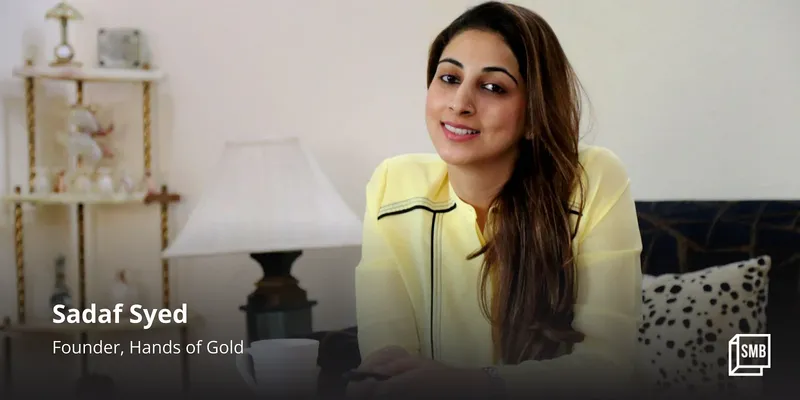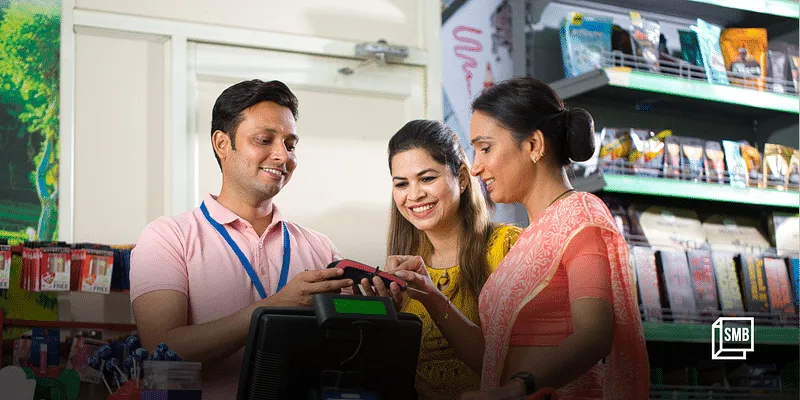How MSMEs are coping with the plastic ban and other top stories of the week
This week, SMBStory spoke to stakeholders in the ecosystem to understand the impact of the ban on small businesses and how they are finding ways to adapt to the new normal.
On July 1, the Ministry of Environment, Forest, and Climate Change issued a notification banning the manufacture, import, and sale of 19 plastic items, including spoons, straws, and forks. This has led to an inevitable drop in consumer demand.

MSMEs across different sectors are not too happy with the ban. The All India Plastic Manufacturers Association has stated that as many as 88,000 units manufacturing single-use plastic could go bankrupt in the wake of the ban. It will impact the economy adversely, as the MSME sector contributes 30% to India’s GDP and is the second largest employer in the country. However, there are some small businesses that have shifted to alternative means in the wake of the ban.
Coping with the changes that come with the plastic ban is not easy, they say. Nevertheless, it is imperative to work towards the same, as plastic has entered our bloodstream according to some research reports.
This week, SMBStory, spoke to stakeholders in the ecosystem to understand the impact of the ban on small businesses and how they are finding ways to adapt to the new normal.
Hands of Gold

Born in Kashmir, Sadaf grew up amid a plethora of Kashmiri crafts. However, she realised that there was a gap when she was out shopping for a particular product.
“My business journey began with a quest to find the right papier mache [box] to store my husband’s cufflinks. But, I couldn’t find the one that suited my needs. I needed something with compartments, good design, and colour. In fact, no one even wanted to customise it,” says Sadaf, in an exclusive interaction with SMBStory.
In 2015, this pursuit led Sadaf to take matters into her own hands. She invested Rs 50,000 and launched Kashmir-based , a brand that deals in Kashmiri artisanal products including premixes, shawls, stoles, scarves, and papier mache utility items.
The brand is registered under the parent company FIL Industries Limited. At present, Hands of Gold’s edible range has an online presence; all the other products are available at the store in Patnitop. Sadaf claims that the store generates sales of Rs 25,000-Rs 30,000 on a good day, with premixes being the bestsellers.
Don't miss this week's expert opinion by Tanmay Ayare on how MSMEs can build long-term customers.

The straightforward goal is to strengthen business relationships. The communications APIs along with CRMs assist businesses in staying connected to customers, streamlining processes, and increasing profitability.
An enterprise or a brand manages its interactions with customers using different channels of communication, typically by analysing large amounts of data. This aids in contact management, sales management, productivity, and other areas.
Communication on different channels, depending on the target audience choice, allows an enterprise to focus on its relationships with individual people—such as customers, service users, colleagues, or suppliers— throughout the lifecycle of the relationship. This includes finding new customers, winning their business, and providing support and additional services.
A brand or an enterprise uses Customer Data Platforms (CDP) to gather information from various tools and sources into a centralised information hub that provides a unified view of the customer.
This is easier said than done because developing that kind of a relationship with customers, who increasingly have a short attention span and treat most communication as spam, is difficult.
But this is not impossible. The solution is to use technology to establish a communication channel that fosters trust. This can be accomplished in a seamless manner by meeting the customer on their turf, say, through a favourite OTT app/messenger service/communication channel. This could be at their convenience when they are most likely to be open to interacting with the brand via phone.
Rather than simply bombarding customers' phones with messages, this type of engagement will transform a simple client list into customer loyalty. Let's look at some of the factors that can help you achieve this goal.








